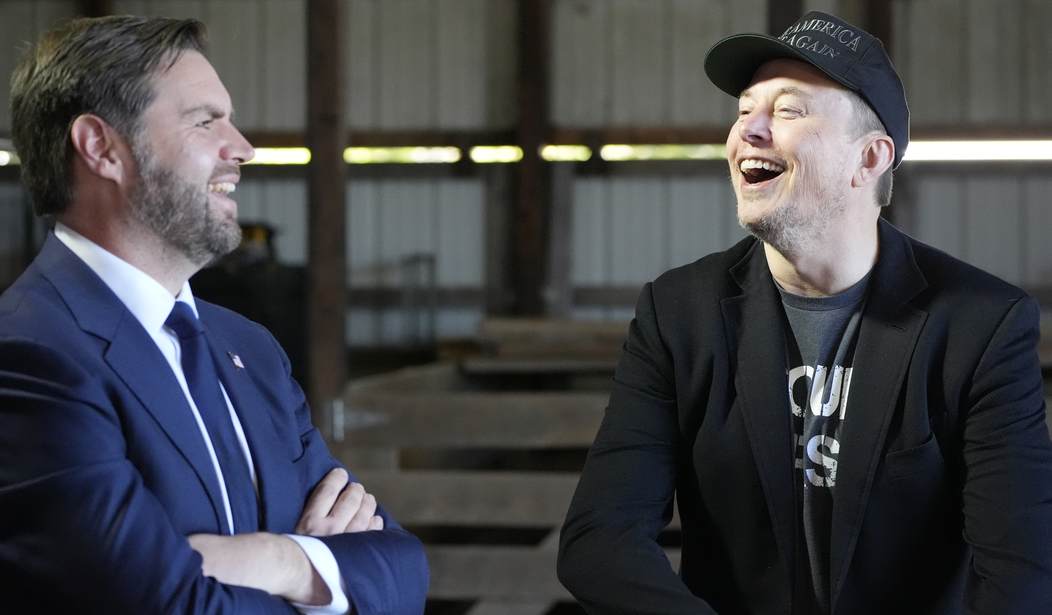Time magazine has a new cover story about Elon Musk. Regular readers will have noticed that I’m a Musk fan — and why not? He seems to largely believe what I believe. In particular, he believes we should colonize Mars and the Moon and in the future move farther out. Me too.
The interesting question is why?
He says his goal is to make humanity a multi-planetary species because it’s less likely to go extinct.
Cover of Time Magazine: Citizen Musk
— Space Investors Daily 🚀 (@SpaceInvestor_D) November 21, 2024
What’s next? 🚀🫡 pic.twitter.com/2xO29tDukZ
There are a bunch of people who react to that notion with something in the intersection of a Venn diagram of shock, horror, and revulsion. We hear everything from “we should solve all our problems on Earth first” to frank opinions that humanity doesn’t deserve to exist at all. (Don’t believe me? Google the “human extinction movement.” Or have a look at the Voluntary Human Extinction Movement. My immediate reaction: Sure thing. You first.)
Years ago, in the course of a speech on “The Pragmatics of Patriotism” at the United States Naval Academy, Robert A. Heinlein weighed in accidentally on voluntary human extinction.
Heinlein, like many libertarians, was very wary of moral or ethical judgments based on the notion that some religion had a lock on what was or wasn’t moral.
The instinct to survive is human nature itself, and every aspect of our personalities derives from it. Anything that conflicts with the survival instinct acts sooner or later to eliminate the individual and thereby fails to show up in future generations. . . . A scientifically verifiable theory of morals must be rooted in the individual's instinct to survive--and nowhere else!--and must correctly describe the hierarchy of survival, note the motivations at each level, and resolve all conflicts.
I’m sure some readers are already about to insist that there are no morals or ethics without reference to a Higher Power, but consider: Salafist Muslims will insist that God says you can have four wives, should kill unbelievers, but mustn’t drink alcohol. Who decides? Maybe it’s better to have a more general model.
Heinlein lays out a system of ethics (or morals, take your pick) based instead on a simple evolutionary notion: that the universe tells us species survival is a species goal. (I suppose we could argue that that is a Higher Power, which should lead to some interesting comments.)
From this Heinlein derives a hierarchy of moral actions:
- It is moral to preserve yourself.
- It is more moral to act to preserve your family even if you don’t survive.
- It is more moral yet to preserve your community (which is where patriotism becomes pragmatic — risking your life to preserve your country is inherently morally justified. What’s more, if you don’t feel a duty to preserve your country, you should find one you do, or you’re a free-rider.).
At the top of the hierarchy is an action that tends to preserve the entire species. Musk clearly believes that it is his ethical or moral duty to make humanity multi-planetary; by Heinlein’s moral hierarchy, he’s acting in the name of the greatest moral good.










Join the conversation as a VIP Member